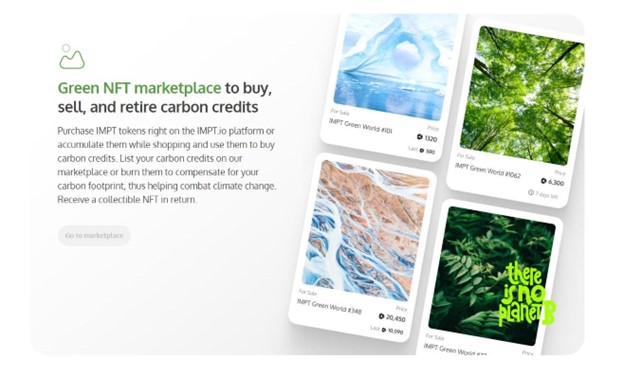During its relatively short lifetime, the cryptocurrency market has already experienced many drastic ups and downs. It’s a pretty volatile sector that is constantly evolving and changing. That being said, 2021 was an especially eventful year for crypto.
For example, Bitcoin reached a new all-time high when it surpassed $60,000. Further, Ether hit $3,000 while the Bitcoin market share dropped under 50 percent. That being said, the cryptocurrency sector experienced a whole slew of other developments that might have even been more significant than those.
Also, the additional attention that these events generated got even more people and potential investors interested in the space, which resulted in new trends. At the moment, one major trend in the crypto world are non-fungible tokens (NFTs). NFTs are unique digital tokens that can turn any piece of digital media into a collectible asset.
The serial entrepreneur Elon Musk even offered to sell one of his Tweets as an NFT, and he got offered over $1 million for it. That being said, he ultimately didn’t go through with this deal.
Increased regulation and oversight
With all of the additional attention that cryptocurrencies are receiving, governments and institutions around the world are also starting to pay closer attention. Of course, this can either have positive or negative effects on the market and its growth.
One example of a development that had a negative impact is China’s crackdown on crypto mining and financial operations in June 2021. The actions of the Chinese government allegedly had such a big impact on the crypto market that they resulted in an 11 percent drop in Bitcoin’s price.
However, increased regulation and oversight can also lead to positive developments. One of the more recent important ones happened in El Salvador, where Bitcoin is now accepted as legal tender. El Salvador became the first country globally to accept Bitcoin as legal tender, which makes Bitcoin the official state currency along with the U.S. dollar.
Institutional cryptocurrency adoption
The increase in oversight and regulation has also made the crypto sector more attractive for many mainstream companies and institutional investors across industries.
Some even invested in cryptocurrency and blockchain. For example, AMC recently announced it is going to accept Bitcoin payments by the end of 2021. Further, many big fintech companies, like PayPal and Square, also got involved and started allowing users to buy cryptocurrencies on their platforms.
“With the rise in institutional adoption comes a need for all crypto projects to operate at a higher level to compete and meet the demands of a growing customer base,” said Matthew Gould, the CEO of Unstoppable Domains.
“We’ve seen payment apps like PayPal, Venmo, and Cash App start to offer support for top crypto assets, and I see this as a step in the right direction towards making crypto ubiquitous on a global scale,” Gould added.
There are also companies that aren’t sure of their stance yet. One of the most prominent examples being Tesla, which originally allowed Bitcoin payments but has since rescinded the offer and continues to go back and forth on its stance. That being said, even though the company stopped accepting crypto as a payment method, it still holds billions in crypto assets.
Getting involved
So, considering these developments, like Bitcoin hitting a new all-time high, clearer regulation, and more institutional investment, the crypto industry will most definitely continue to grow at an astonishing pace. People from all over the world are starting to get involved, and interest in all things crypto is higher than ever before.
But how easy is it to trade and use cryptos? Even though the crypto industry might seem intimidating at first, getting involved with cryptocurrencies is actually fairly easy. There are numerous companies out there that provide crypto wallets, which can be used to safely store and trade cryptocurrencies.
There are even wallets like the NAGA Wallet, which does not only provide a simple and secure way to store crypto and fiat currencies but also has a built-in exchange and a gateway to NAGA’s social investing network. The company provides a true so-called super app that combines multiple finance- and social-related features.
Closing thoughts
With the developments the crypto industry has already experienced this year, one thing is certain: there is immense interest in the sector, and it will continue to evolve. Further, super apps like WeChat are also slowly making their way to the west, which will result in further and quicker adoption of cryptos into everyday life.
Image by PublicDomainPictures from Pixabay











